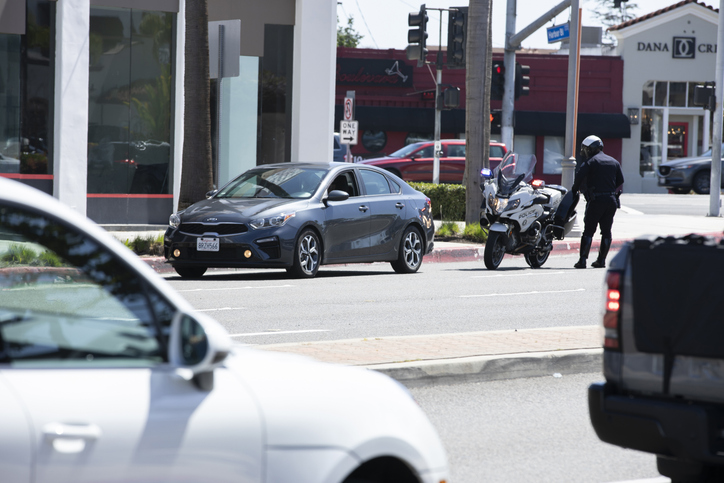
Prosecutors and judges in Minnesota have the right to enforce very harsh DWI penalties for first time offenses as a way to deter future violations. The severity of the penalties can appear overwhelming to offenders, especially when jail time and fines are involved. Fortunately, offenders who are willing to show remorse may receive leniency in their sentencing, with the help of a MN DWI lawyer.
There are three general tiers of punishment the courts hand out for first-time offenders, based on the plea of the accused.
Not Guilty, Courtroom Trial
If the case goes to court, the penalties are based on the BAC of the driver at the time of his or her arrest and whether or not children were in the vehicle.
Though the potential penalties are high in a trial, it is the only way for a MN DWI lawyer to prove innocence. By challenging the integrity of the test or the legality of the stop, a MN DWI lawyer may be able to throw enough doubt on the prosecution’s case to sway a judge or jury in the defendant’s favor, thus avoiding all penalties.
Guilty or Alford Plea
When faced with an abundance of evidence, it is sometimes in the defendant’s best interest to enter a guilty plea or an Alford plea to seek the mercy of the court. In a guilty plea, the defendant accepts responsibility for the DWI, and makes no question about the strength of the evidence. An Alford plea, on the other hand, allows the defendant to accept punishment for a crime, without ever admitting guilt. An Alford plea simply tells the court that based on the evidence, the defendant believes the court or a jury would find him or her guilty of the crime.
When a defendant enters a guilty or Alford plea, the court and the prosecution are often willing to consider lower penalties for the crime. For instance, they may decide to only pursue jail time or a fine, instead of both, while simultaneously lowering the penalty for the punishment they pursue. The DMV also issues lower punishments for first-time offenders with BAC levels under .16 who plead guilty. In those cases, the DMV only suspends the driver’s license for 30 days instead of 90.
Plea Bargain
First-time offenders with clean criminal records and driving histories are often eligible for a reduction of their crime from a DWI to a lesser charge. Other offenders may also qualify if the prosecution fears the evidence will not hold up in court.
The most common plea deal a MN DWI lawyer can seek is “wet reckless driving”. A “wet reckless” charge is a misdemeanor that has no minimum sentencing guidelines and contains much lower minimum fines. The judge and the prosecution may issue nothing more than mandatory driver training and the cost of the court appearance. The driver’s license can still be suspended by the DMV, because that decision is administrative, not criminal.
A “wet reckless” conviction does remain on the driver’s record, and will count as a prior DWI arrest if the driver violates the law again in the next ten years.
A MN DWI lawyer is the best source of information for first-time offenders deciding which defense they want to use against their charges. Choosing the right defense can save the driver thousands of dollars, jail time, and black marks on his or her criminal record.